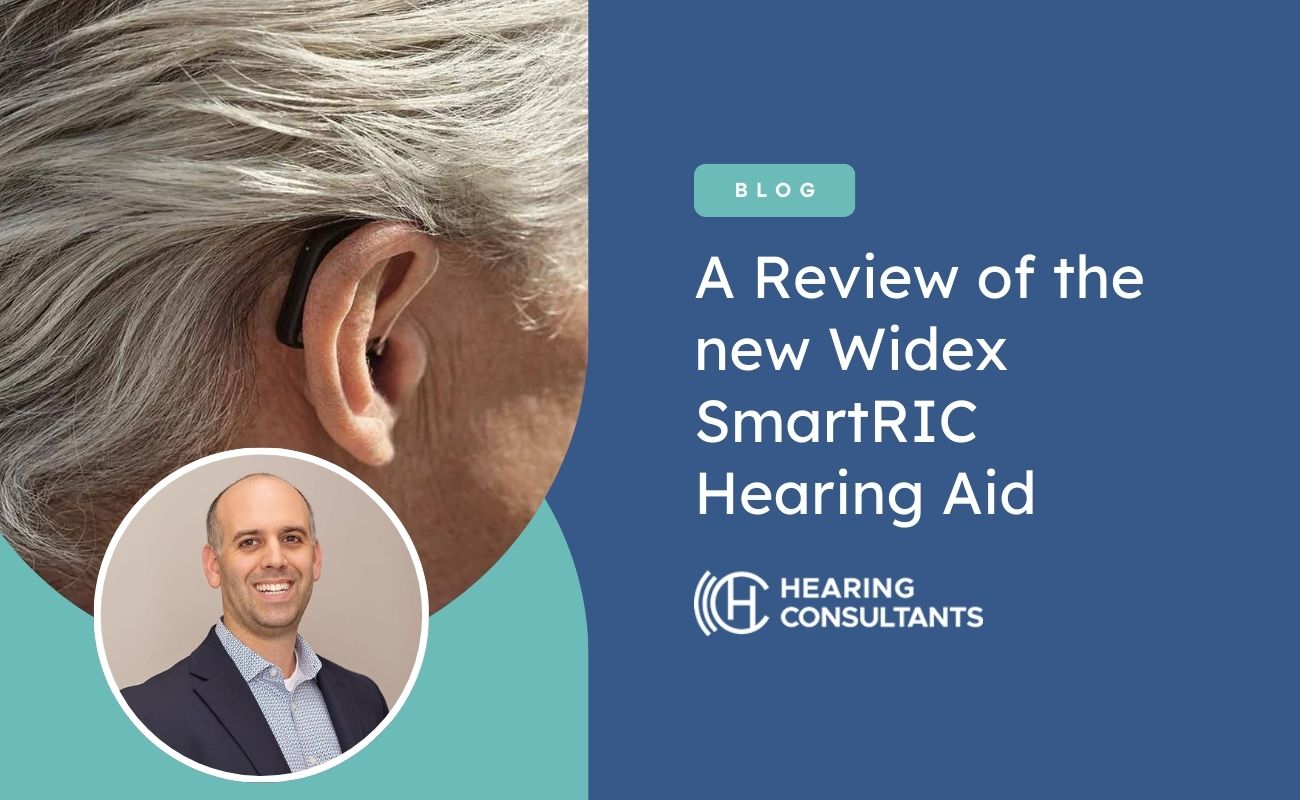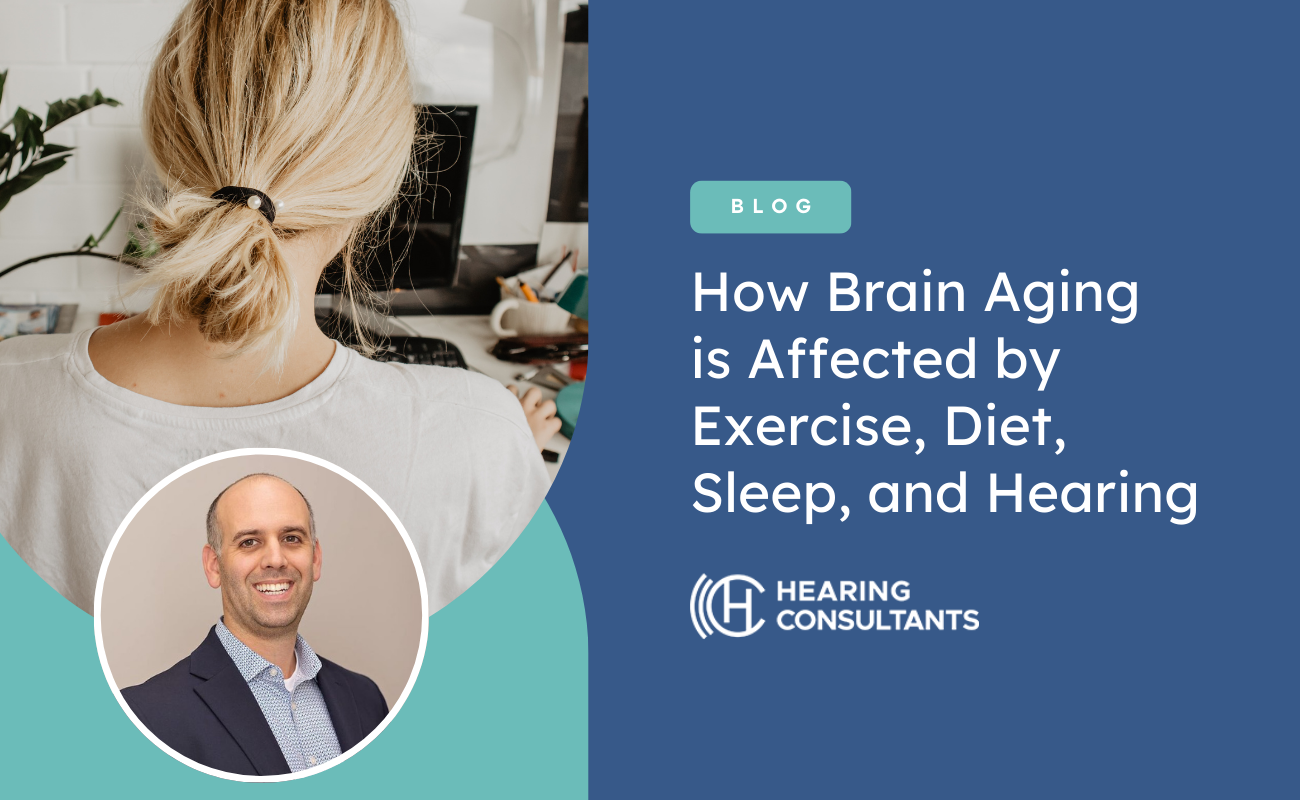How Exercise, Diet, Sleep, and Hearing Affect Brain Aging
Have you been wondering what factors affect your brain, and what can lead to early aging?
Exercise, diet, sleep, and hearing all affect brain aging. If you look after your health today, you can look forward to a future with a healthy brain, but if you ignore the advice of your doctor, you could be facing some serious consequences as you age.
What Happens to the Brain as We Age?
According to Stephen M. Stahl, professor of psychiatry at the University of California, San Diego, exercise, diet, sleep, and hearing are the 4 biggest factors that affect the brain as we age. “In normal aging, our brains slow down,” explains Stahl. “Intelligence remains stable, but we become less mentally flexible. We have longer processing time and declines in motor, sensory, and cognitive abilities.” In fact, in normal aging, the brain shrinks, and there is less white matter tissue in an older brain, as well as less myelin, the coating along neural pathways that speeds up synaptic activity in the brain.
Exercise and the Brain
It’s no secret that staying mobile is the key to staying young. Running around the park with your grandchildren will keep you young at heart, help you maintain a healthy weight, and keep your joints working smoothly. For those who are active as they age, the risk of dementia is lowered by 32%, meaning that your brain is a lot healthier! Even exercising for half an hour 3 or more times a week has great benefits for your overall health and wellbeing as well as your brain health. Recent studies show that exercising leads to improved attention and processing speed, as well as better memory recall and decision-making skills.
Diet and the Brain
They say you are what you eat, and this might hold more truth than you realize. Two diets that are great for the brain are the Dietary Approaches to Stop Hypertension (DASH), and the Mediterranean Diet (MediDiet). While you can follow any healthy diet, the reason these particular diets showed great brain health was due to the high recommended consumption of fruits, vegetables, legumes, and nuts. Both diets also recommend a low intake of red meat or any processed meats. For adults following these diets, studies show improved cognitive function, lower rates of cognitive decline, and better brain health.
Sleep and the Brain
This one is a real no-brainer, and we all know how tired and unfocused we are if we haven’t had a good night’s sleep. Sleep disorders are increasingly common among seniors, and many adults struggle with insomnia or sleep apnea, both of which impact your ability to fall asleep and sleep deeply through the night. A lack of sleep has some extremely negative health outcomes, including stress, anxiety, and depression. You might also experience irritability, moodiness, and the inability to concentrate on tasks.
Hearing and the Brain
Finally, hearing has been closely linked to brain health. Hearing loss affects millions of Americans of all ages, and especially among seniors, living with untreated hearing loss is hurting your brain. Hearing loss is linked to rapid cognitive decline, and a higher risk of developing dementia or Alzheimer’s disease. Those with hearing loss aren’t able to communicate easily, often withdraw from conversations, and face social isolation. The brain doesn’t get enough exercise, and in a case of use it or lose it, hearing loss can lead to poor brain health. Hearing loss has also been linked to problems with memory, attention span, and the ability to focus on difficult tasks, whether at home or at the office.
Hearing Consultants
Do the right thing for your brain, and call us today at the Hearing Consultants. According to Stahl, treating hearing loss can lead to cognitive improvements, and when you get a quality pair of hearing aids, you’ll notice the difference not just in your hearing, but in your cognitive abilities. Your friends and family will be amazed at how well you can hold your own in battles of the wit, and you’ll wish you’d treated your hearing loss sooner. Once you’ve looked after your hearing health, take a close look at your exercise, diet, and sleep patterns, and learn new ways to preserve brain health.
Get in touch with
Hearing Consultants
Contact our clinic to schedule an appointment today!







